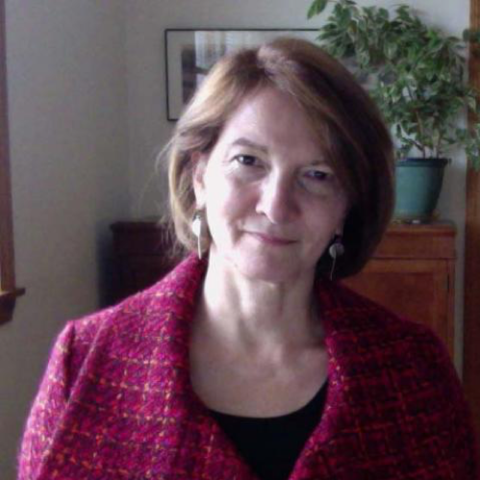'Women & Migration' project shares stories of resilience
The Worldwide Universities Network recently announced the public release of “Women & Migration.” The collaborative storytelling project focuses on the journeys of migrant women and what happens once they reach their destination. Over 100 women participated in the project, sharing testimonies about the role gender played in their experiences leaving their homeland in search of a new life in an unfamiliar country.

Researchers from around the world contributed to the project, including Elizabeth Brabec, director of the Center for Heritage and Society and professor in the department of landscape architecture and regional planning at UMass Amherst. Focusing on Mien migrants living in Seattle, Professor Brabec presents a case study on how the Mien community uses gardening as a way to connect with the land they left behind.
For more than 40 years, the Mien community have worked to create gardens in three abandoned plots in Seattle. Through interviews with gardeners, she discovered that the plots of land filled with beans, amaranth, and a particular variety of corn known for its starchy, sticky quality, were prized for their ability to provide a taste of home. “We have a little plot here. But when we grow our food and fruit, we are proud and feel good because we can grow with our own hands,” says one gardener.
In total, “Women & Migration” offers eight case studies from around the world, covering each stage of the migration process. The journeys undertaken by these women are often dangerous, emotionally taxing, and are not guaranteed to have a fairytale ending. What is clear is the strength and resilience of the women interviewed, and the need of the international community to pay attention to their stories.
Additional resources include a teaching module meant to be adapted for classroom use, links to further readings, and information on how the public can take action to support migrants and refugees.